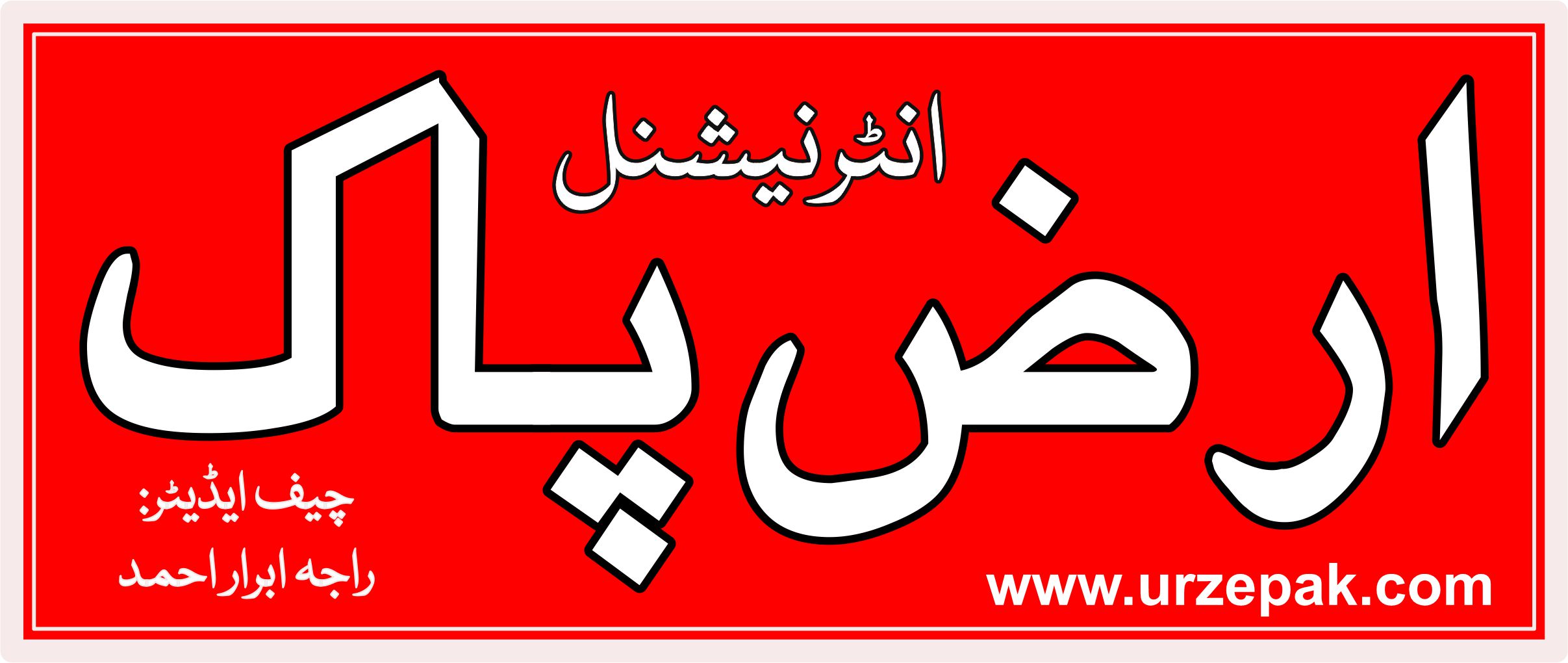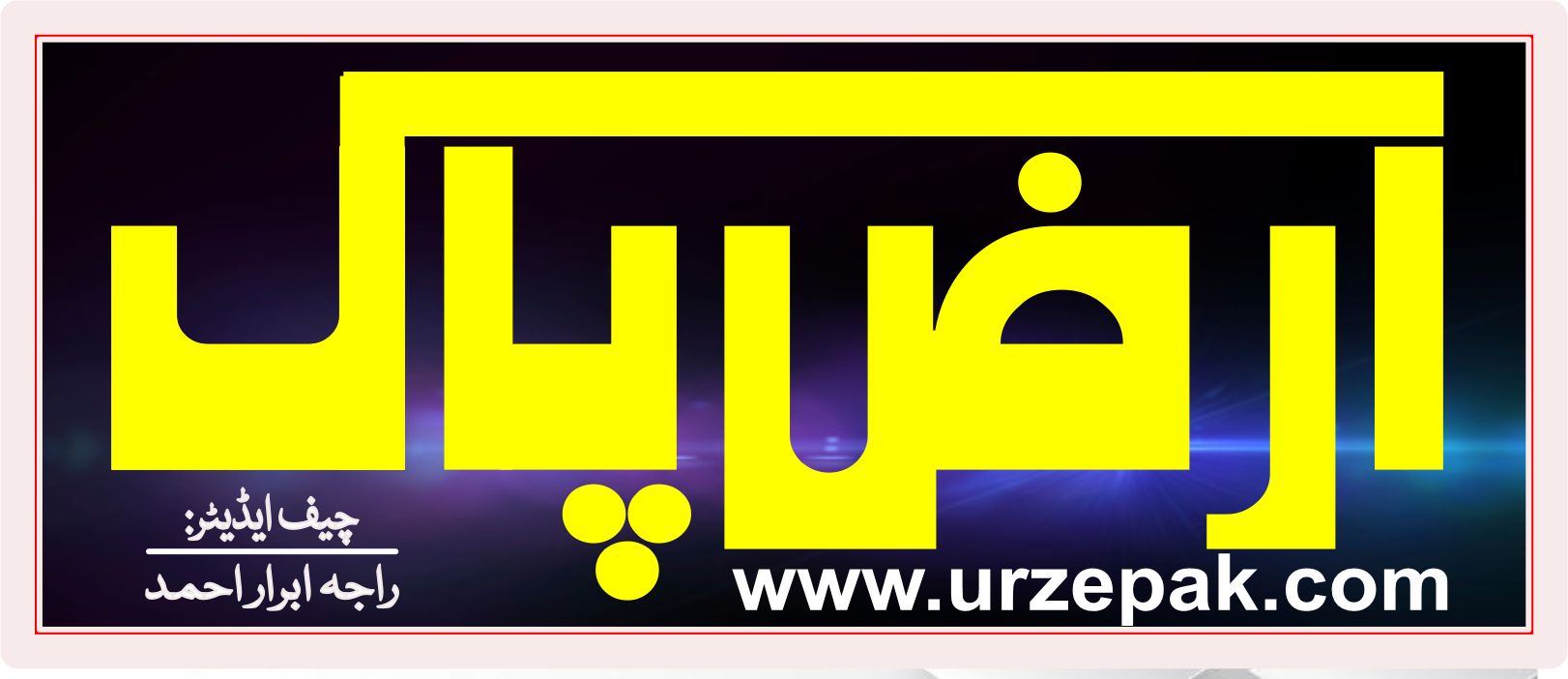
فیس واش میں بھی مائیکرو پلاسٹک، تحقیق میں ہولناک انکشاف
ہم اپنی روزمرہ کی زندگی کے تقریباً ہر حصے میں کسی نہ کسی طرح مائیکرو پلاسٹک کا استعمال کرتے ہیں اور غیر محسوس انداز میں اسے کھا بھی رہے ہیں۔
دراصل ہوتا یہ ہے کہ جب پلاسٹک چھوٹے سے چھوٹے ٹکڑوں میں ٹوٹ جاتا ہے، اتنا چھوٹا کہ ہم انہیں دیکھ بھی نہیں سکتے؟ ان ذرات کو مائیکرو پلاسٹک کہا جاتا ہے۔
اے آر وائی نیوز کے پروگرام باخبر سویرا میں اسسٹنٹ پروفیسر انوائرمنٹل اسٹڈیز جامعہ کراچی ڈاکٹر وقار احمد نے مائیکرو پلاسٹک کے نقصانات سے ناظرین کو آگاہ کیا۔
انہوں نے بتایا کہ خواتین اپنے میک اپ کیلیے جو فیش واش استعمال کرتی ہیں اس میں بھی مائیکرو پلاسٹک موجود ہوتی ہے جو کلینزنگ کا کام کرتی ہے لیکن اس کا ذکر فیس واش کے ڈبے یا اس کی پیکنگ میں کہیں نہیں کیا جاتا۔
ہر ہفتے ہم پانچ گرام تک پلاسٹک کھاتے ہیں جو ایک کریڈٹ کارڈ بنانے کے لیے کافی ہے۔ جس ہوا میں ہم سانس لیتے ہیں، جو کھانا ہم کھاتے ہیں اور جو پانی پیتے ہیں، اس سب میں مائیکرو پلاسٹکس موجود ہیں۔
اس کے علاوہ پیپر سالٹ اور میک اپ کی دیگر مصنوعات میں بھی یہی پلاسٹک استعمال ہوتا ہے۔
انہوں نے بتایا کہ پلاسٹک کے علاوہ دیگر ڈسپوزیبل اشیاء کا استعمال بھی صحت کیلیے خطرناک ہے، ان میں ماسک، دستانے، سرنجیں، اور سرجیکل آلات شامل ہیں جو صرف ایک بار استعمال کرنے کے بعد پھینک دیے جاتے ہیں۔
مارکیٹ میں دستیاب 80 فیصد تک بوتل بند پانی میں پلاسٹک کے باریک ذرات اور پوشیدہ کیمیکلز پائے گئے ہیں، جو امراض قلب اور ہارمون کے عدم توازن بلکہ کینسر کا باعث بھی سکتے ہے۔
ایک رپورٹ کے مطابق ہر ہفتے ہم پانچ گرام تک پلاسٹک کھاتے ہیں جو ایک کریڈٹ کارڈ بنانے کے لیے کافی ہے۔ جس ہوا میں ہم سانس لیتے ہیں، جو کھانا ہم کھاتے ہیں اور جو پانی پیتے ہیں، اس سب میں مائیکرو پلاسٹکس موجود ہیں۔
مزید پڑھیں : پلاسٹک کی بوتل سے پیاس بجھانا بیماریوں کو دعوت دینے کے مترادف ہے، لیکن کیسے
سائنس دان اس مائیکرو پلاسٹک انسانی خون اور پھیپھڑوں میں بھی تلاش کر رہے ہیں اور یہ جاننے کی کوشش کر رہے ہیں کہ ان کا ہماری صحت کے لیے کیا مطلب ہے اور ہم مائیکرو پلاسٹکس سے اپنی حفاظت کیسے کرسکتے ہیں۔
Abrar Ahmed is not just a journalist — he is a chronicler of his time. A Kashmiri journalist, columnist, novelist, and author, he has spent his life wrestling with ideas, questioning power, and giving voice to the voiceless. Armed with a Master’s degree in International Law, he brings intellectual depth and moral clarity to every piece he writes. His education at the University of Azad Kashmir Muzaffarabad and Quaid-i-Azam University shaped his analytical mind, but it is his lived experience that sharpened his pen.
Abrar has been a tireless campaigner for human rights, equality, and justice, speaking out against oppressive systems of governance and entrenched corruption in many Asian countries. He has consistently raised his voice for the deprived and oppressed people of Kashmir, making their struggle for dignity and freedom heard on global platforms.
Today, he resides in Dublin, Ireland, where his perspective has widened, allowing him to view Kashmir’s pain and the world’s conflicts through a sharper, more global lens.
He is the founder of the Institute of Research for Conflict Resolution and Social Development, Ikhtilaf News Media and Publications, and the Daily Sutoon Newspaper — institutions built not just to inform, but to challenge, to provoke, to awaken. His humanitarian vision led to the creation of the Save Humanity Foundation, a reflection of his belief that words must lead to action.
His books are not mere collections of pages — they are manifestos of conscience:
Tehreek-e-Azadi ke Azeem Surkhaik — a tribute to those who gave everything for freedom.
Corruption ke Keerhay — a fearless dissection of the rot eating away at society.
Masla-e-Kashmir ka Hal: Aalmi Aman ka Rasta — a bold attempt to chart a path to peace.
Pakistan and Azad Kashmir Political System and New System Needed — a demand for reform, justice, and a future worthy of its people.
Through his textbooks Modern Community Development Ideas and Basic Journalism, Abrar has shaped generations, giving young minds the tools to see the world critically and act with purpose.
Born on March 19, 1982, Abrar Ahmed stands as a voice of resistance and renewal. His work is not just journalism — it is an ongoing struggle for truth, for peace, and for a just society. To read him is to confront the questions we are too often afraid to ask, and to believe, even in dark times, that words can still change the world.
